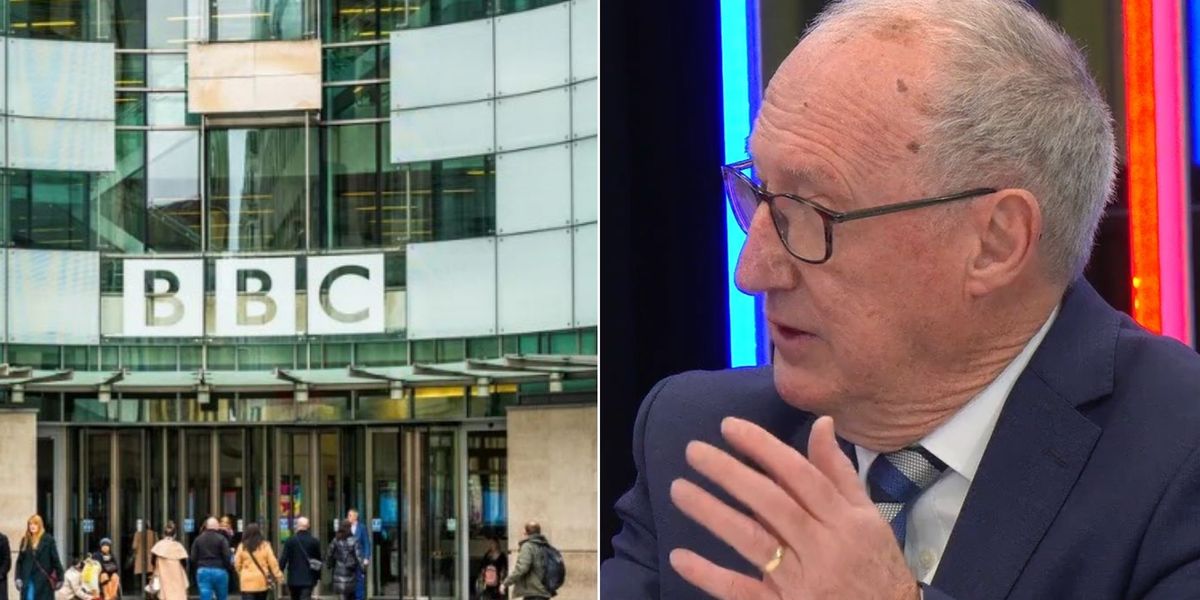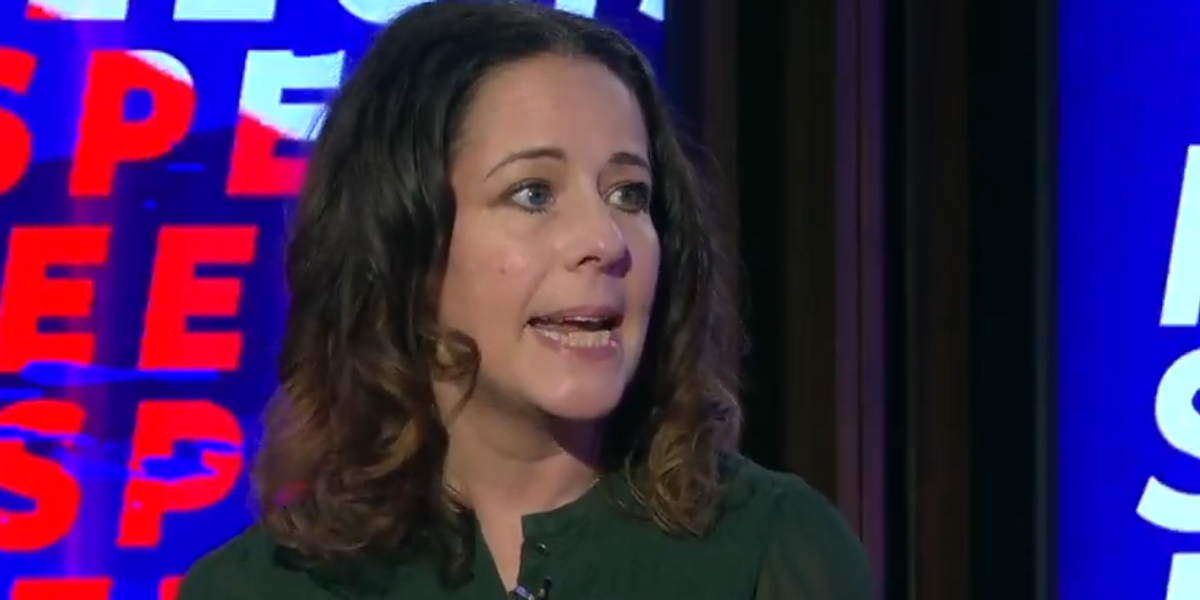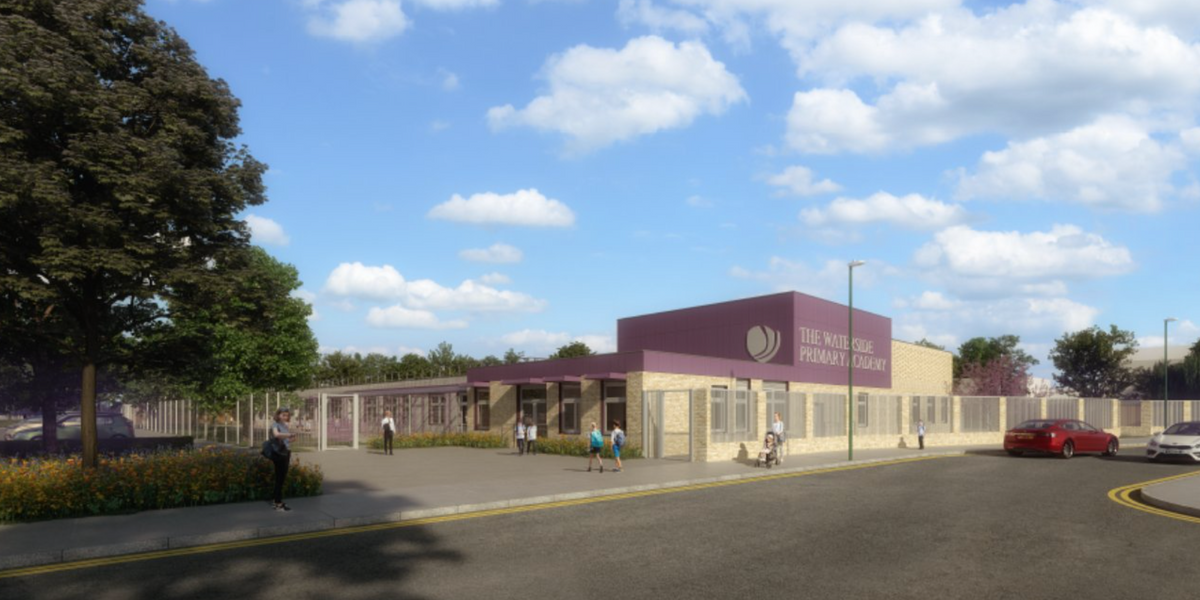Temperatures in Britain are set to rise to double figures today as the country’s bitter cold snap finally comes to an end – and the thaw could lead to some flooding.
Some 40 flood alerts or warnings are active across England and Scotland, with ice and snow now beginning to melt as temperatures move above 0C (32F).
Prolonged sub-zero conditions are making way for very mild temperatures, with the mercury today a staggering 30C higher than it was at the weekend in some areas.
With thermometers plunging as low as -18.9C (-2.0F) on Saturday – the coldest January temperature in 15 years – forecasters expect them to reach 12C (54F) today.
But there could still be frost in the South, with the UK Health Security Agency’s cold weather amber health alert for all of England in place until tomorrow. This warns of a rise in deaths, particularly among the elderly or those with health conditions.
The Environment Agency has 32 flood alerts and two warnings in place for England, while the Scottish Environment Protection Agency has eight alerts and two warnings.
It comes after a body was found in the hunt for a missing woman a week after she vanished in freezing temperatures in Ainsworth, Greater Manchester, on January 4.
And the cold snap sparked chaos at a Peak District beauty spot in Derbyshire over the weekend after up to 200 cars blocked gritters trying to de-ice frozen roads.
Black bears playing on a frozen pond at Woburn Safari Park in Bedfordshire over the weekend

People out on the Cambridgeshire Fens skating at Upware near Ely yesterday morning

Met Office meteorologist Greg Dewhurst said temperatures will be milder across the UK today, but there will be a north-south split in conditions.
He said that the most dramatic change in weather will be in Northern Ireland, Scotland and the far north-west of England.
‘Cloudy and patchy rain are moving in from the Atlantic and winds will turn south-westerly, bringing in milder air,’ Mr Dewhurst said.
Temperatures are set to be well above freezing and will rise overnight into today, reaching as high as 10C (50F) in Scotland.
Much of England and Wales was between -1C (30F) and 3C (37F) overnight, which is not as cold as recent nights, Mr Dewhurst said.
Today, Northern Ireland, Scotland and northern parts of England will be cloudy with outbreaks of patchy rain and temperatures between 9C (48F) and 12C (54F).



The Environment Agency has 32 flood alerts (in amber) and two warnings (in red) for England
Meanwhile, central and southern areas of England will be drier, with sunny spells and temperatures between 5C (41F) and 8C (46F).
White wintry scenes have been a fixture across the country so far this year, with flooded fields frozen over, and frost and snow making for picturesque views.
Temperatures plummeted to -18.9C (-2.0F) on Saturday morning in Altnaharra, Scotland, and it was the UK’s coldest January temperature in 15 years.
The average low in northern Scotland for this time of year is about 0.3C (32.6F), while for England, overnight lows are about 1.5C (34.7F) to 1.6C (34.9F).
As the week goes on, tomorrow will be similar to today, but potentially drier with temperatures between 11C (52F) to 12C (54F) in the north of England and 8C (46F) to 9C (48F) in the south, around average temperatures for this time of year.





Daniel Bond, flood duty manager at the Environment Agency, said: ‘Combined rainfall and snowmelt means there is a very low likelihood of minor river flooding across parts of the Yorkshire and Humber region on Monday and into Tuesday.
‘Environment Agency teams continue to be out on the ground, operating flood defences, taking action to reduce the impact of flooding, issuing flood warnings and supporting those communities affected.’
The Scottish Environment Protection Agency (Sepa) warned there was a risk of flooding in the north of the country today and tomorrow amid melting snow and downpours.
Issuing a yellow flood warning for northern Scotland including Aberdeenshire, Sutherland and Speyside, Sepa said properties could be flooded and there was likely to be travel disruption.
The latest weather update comes amid a rise in reports of burst pipes.
Scottish Water has recorded a 30 per cent increase in the past two days in bursts on its mains network, and in properties. The quango is now anticipating even more bursts as pipes freeze and then expand amid ground movement caused by frost.











